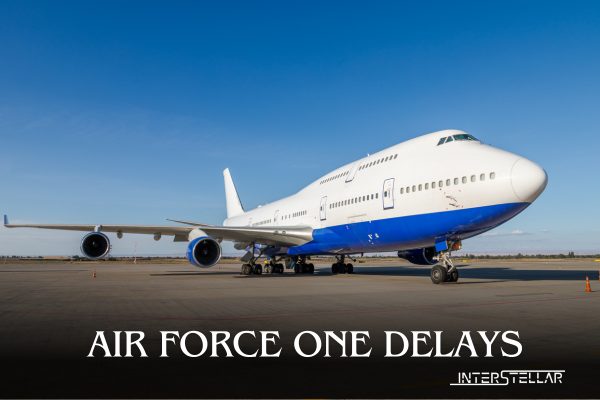Boeing Faces Challenges with Delayed Air Force One Project
Boeing’s defence unit head announced on Sunday that the company continues to face significant challenges in building the delayed U.S. presidential aircraft known as Air Force One.
Contract and Delays
In 2018, Boeing secured a $3.9 billion contract to construct two 747-8 aircraft for Air Force One, originally scheduled for delivery by December 2024. However, the project has been delayed, with the new delivery dates now set for 2027 and 2028.
Ongoing Challenges
Ted Colbert, head of Boeing Defense, Space & Security, highlighted the various obstacles the company is encountering, including supply chain issues, inflation, and workforce challenges. Boeing is undertaking extensive modifications to the two 747-8 planes for this project. The company has incurred over $2 billion in losses due to these difficulties. Colbert stated, “Our team is fighting through a very, very challenging program – two very complex airplanes. We’ve invested significantly in our workforce, training, efficiency, and factory floor improvements.”
Aircraft Specifications and Modifications
The Boeing 747-8 aircraft are designed to serve as an airborne White House, capable of operating in extreme security scenarios such as nuclear war. The modifications include military avionics, advanced communications, and a self-defence system.
Paint Scheme and Historical Context
Last year, the Biden administration decided to maintain a paint scheme similar to the current white with two shades of blue, a design dating back to President John F. Kennedy’s administration. This decision reversed a change proposed by former President Donald Trump. In December 2016, Trump secured a commitment from Boeing’s then-CEO Dennis Muilenburg to keep the cost of replacing Air Force One under $4 billion. Boeing’s current CEO, Dave Calhoun, later acknowledged that the contract was underpriced.
Risks and Future Concerns
In 2022, the U.S. Government Accountability Office (GAO) warned of potential further delays in the Air Force One program. The GAO cited a tight labour market for mechanics, lower-than-expected security clearance rates, and the need for Boeing to switch to an alternative supplier for some interior work.
Summary
Boeing’s efforts to deliver the new Air Force One aircraft are fraught with challenges. Supply chain issues, inflation, and workforce hurdles have significantly delayed the project and increased costs. Despite these setbacks, Boeing remains committed to completing the project and delivering two highly advanced and secure presidential aircraft.





